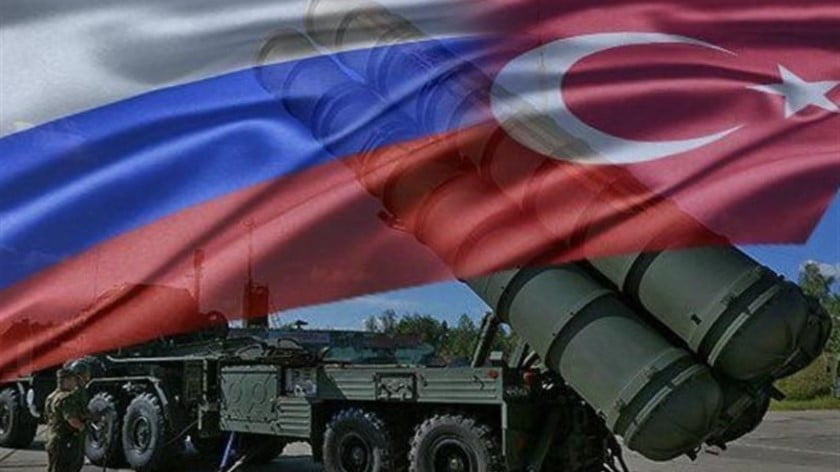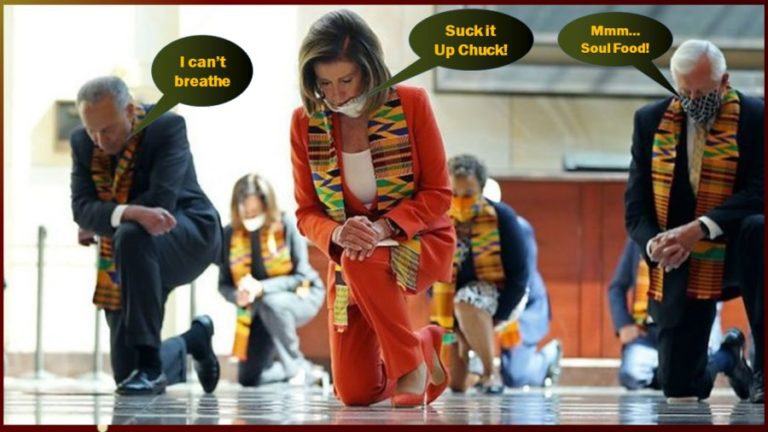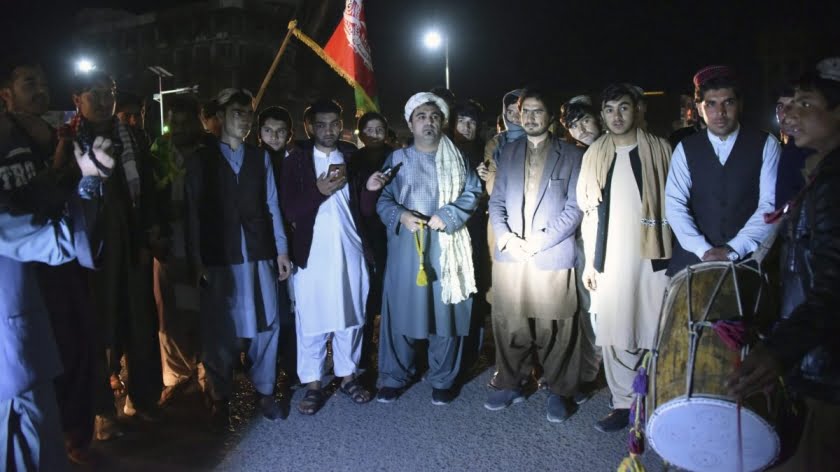West Hopes to Play its Belarusian Card in Kyrgyzstan?
On October 4, Kyrgyzstan is scheduled to hold its parliamentary election for the 7th consecutive time since the republic gained its independence. The Supreme Council is the unicameral Parliament of the Kyrgyz Republic. These elections are quite important for Kyrgyz society because starting in 2010, when a constitutional referendum was held, the nation embarked on a path to become a parliamentary democracy.
In the post-Soviet space, the Kyrgyz Republic is known for its turbulent political landscape on account of its active civil society, especially during electoral campaigns, as evidenced by, for instance, the Tulip Revolution that began after the parliamentary election in 2005. In fact, since then, protests staged by opposition groups have occurred practically every year in this nation during various elections and processes of appointing high-ranking officials.
Hence, even nowadays, foreign players are using this factor to their advantage by pushing their political views on Kyrgyz society, thus creating a rift between the republic and, first and foremost, Russia, a country that Kyrgyzstan has traditionally enjoyed a friendly relationship and a multifaceted cooperation with. Recently, Great Britain and the United States have been particularly active on this front as they have been trying to undermine the election process in various ways.
For almost 30 years, the United States has been investing in Kyrgyz civil society while pursuing its geopolitical ambitions. Essentially, Washington has been treating the republic and entire Central Asia, for that matter, as testing grounds to perfect its new tools for influencing the public. From 1993 to 2015, it is believed that the United States did not implement a single economic development project in Kyrgyzstan. Clearly, such cooperation could not have been viewed as viable by Washington, after all, it is not typical of the US to give away money for no reason. Instead of much needed joint initiatives focusing on the Kyrgyz economy, Freedom House (a US-based organization) began its work in Kyrgyzstan. Numerous other NGOs, which are believed to be actively influencing public opinion in Kyrgyzstan, also sprang up in the republic. In addition, Washington initiated anti-Russia and anti-China propaganda campaigns in its own interests in Kyrgyzstan and the rest of Central Asia, for which purpose the United States has been using the Caravanserai information portal (controlled by the US Army).
Nowadays, it is quite easy to find concrete examples of the West interfering in Kyrgyzstan’s domestic politics online. For instance, gezitter.org reported that the National Endowment for Democracy (founded on Capitol Hill and deemed as undesirable in Russia) had provided financial support to opposition groups in Kyrgyzstan.
According to Kyrgyz media outlets, US diplomats have recently started actively pursuing similar aims, i.e. to influence the domestic climate in Kyrgyzstan. They have been trying to take advantage of the changing political situation in the nation with the view of reopening a US military installation, which was closed earlier for political reasons. With the aforementioned aims in mind, US Acting Assistant Secretary for South and Central Asia Alice Wells visited Central Asia in January.
Still, it is important to point out that all the attempts made by the United States over the past five years to reassert its influence in Kyrgyzstan have not been very successful despite all the efforts by American diplomats. Even actively stepping up cooperation with Tajikistan (vs. Kyrgyzstan) has not helped Washington thus far. After all, any flare-up on the Kyrgyzstan–Tajikistan border (i.e. one of the existing means of escalating tensions on the Kyrgyz political landscape and among its populace) is a blow to the Kyrgyz government, which the public has more and more often accused of being ineffective.
Foreign NGOs, financed by the US government and a number of other Western nations, are keen on rekindling old unresolved conflicts in order to destabilize the already turbulent situation in Kyrgyzstan stemming from election campaigns. The ongoing political rivalry is accompanied by efforts to destabilize the situation outside of Kyrgyzstan. For instance, it is believed that external players are continuing to incite conflicts along the Kyrgyzstan–Tajikistan and Kyrgyzstan–Kazakhstan borders. Such efforts have been ongoing for quite some time, in fact, these “foreign agents” have paid to establish information gathering networks in the region and to train young activists on site.
Notably, a survey conducted by the International Republican Institute in August (a nonprofit nonpartisan organization that collaborates with the US Department of State and USAID) showed that allegedly many respondents said they would vote “against all” if the election was held right then. Reporting such data serves the same purpose as promoting the “against all” vote, i.e. clearly to encourage the Kyrgyz populace to view the government in power as completely useless.
In addition to the meddling by the US, in recent months, the British Embassy has become increasingly active on the Kyrgyz political landscape by trying to exert its influence on these processes and openly interfering with them. For instance, ahead of the upcoming parliamentary elections, Charles Garrett, Her Majesty’s Ambassador to the Kyrgyz Republic, tried to unite all the opposition forces against the current Kyrgyz government. Earlier, while majority of the locals were busy fighting the Coronavirus pandemic by following recommended measures, the British diplomat chose not to isolate and instead hand-picked suitable protesters. From April to August of this year, Charles Garrett held a series of secret negotiations and meetings with the leader of the Ata Meken party, Omurbek Tekebayev; head of the “Progress” foundation, Adil Turdukulov, and supporters of former Presidents of Kyrgyzstan Almazbek Atambayev and Roza Otunbayeva. The high-ranking diplomat asked the aforementioned individuals to discredit and compromise the reputation of the current government’s candidates for parliament during the discussions.
At Charles Garrett’s initiative, $3 million was allocated to the opposition forces in Kyrgyzstan on behalf of the Conflict, Stability and Security Fund (overseen by UK’s National Security Council) and the Open Society Foundations (OSF, a philanthropic organization).
The opposition in Kyrgyzstan is currently fragmented, with some members holding pro-Western views. Hence, it is unlikely that any of these parties will be able to win 7% of the national tally to gain seats in parliament. In such a climate, there have been reports in Kyrgyz media outlets about a plan (devised by the opposition at the behest of their Western puppeteers) to dispute the election results on account of their falsification. After October 4, these groups could also appeal to Western nations mimicking what happened in Belarus.







